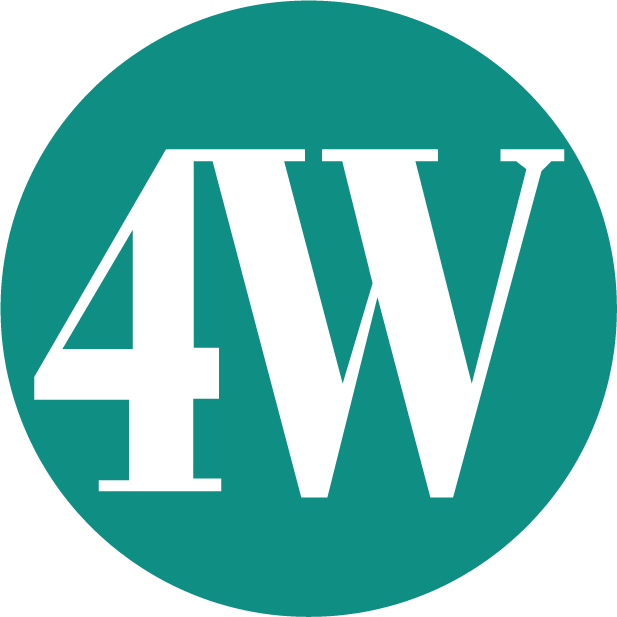Understanding Regular 401(k) vs. Roth 401(k)
Selecting the appropriate retirement savings plan is a pivotal decision in financial planning. The Regular 401(k) and Roth 401(k) are two prevalent choices, each with unique benefits. This post aims to elucidate the differences and assist in determining the most suitable option for your retirement goals.
What is a Regular 401(k) and a Roth 401(k)?
A Regular 401(k) is a pre-tax retirement savings plan offered by employers, allowing employees to invest a portion of their paycheck before taxes. The Roth 401(k) operates similarly but uses after-tax contributions, leading to different tax treatments and benefits.
Tax Implications
- Regular 401(k): Contributions reduce your taxable income in the contribution year, with taxes applied upon withdrawal in retirement.
- Roth 401(k): Contributions are taxed upfront, but withdrawals during retirement are tax-free, assuming certain conditions are met.
Who Should Use Which?
- Regular 401(k): Ideal for those expecting to be in a lower tax bracket during retirement.
- Roth 401(k): Suitable for individuals who believe they will be in a higher tax bracket in retirement or seek tax-free income during those years.
Yearly Contribution Limits
The 2023 contribution limit is $20,500 for individuals under 50, with an additional $6,500 catch-up contribution allowed for those 50 and older.
Employer’s Role in Your Retirement Plan
- Offering of Roth 401(k): Not all employers offer a Roth 401(k) option. Check with your employer to see if this option is available.
- Employer Match: Many employers match contributions in a Regular 401(k). Confirm if your employer provides a match and if it applies to Roth 401(k) contributions.
Key Considerations
- Employer Match: Understand the specifics of your employer's matching policy, as this can significantly impact your retirement savings.
- RMDs (Required Minimum Distributions): Both plans are subject to RMDs from age 72, necessitating withdrawals regardless of whether you need the income.
- Checking Plan Availability: Always verify whether your employer offers a Roth 401(k) and if they match contributions in either plan.
Deciding between a Regular 401(k) and a Roth 401(k) is a crucial step in your retirement planning. If you're uncertain about which path suits you best, we at 4Wealth Advisors are here to assist. Our team offers personalized advice to align with your unique financial goals.

